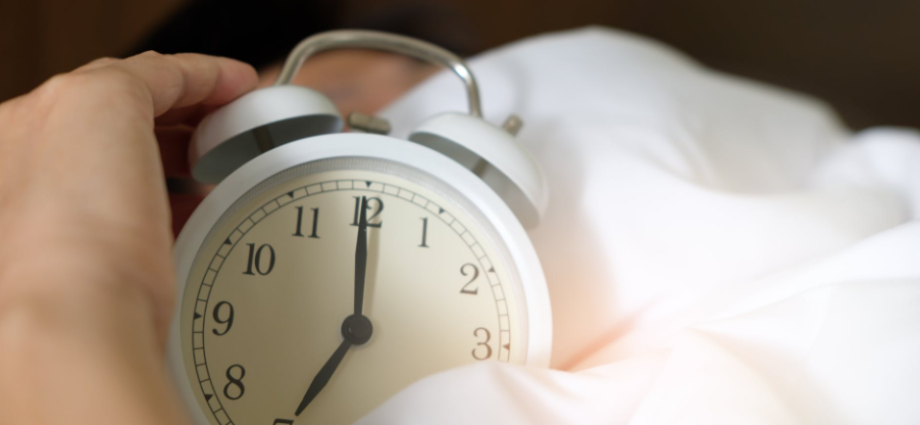|
|
Sleep is an innate biological rhythm – a Bio-Rhythm – and is part of our homeostasis. Homeostasis is the process that regulates our body. It is like our body’s thermostat. It maintains a “steady state” of internal conditions, such as blood pressure, body temperature, hunger, hormone levels, our acid-based balance, and the amount of sleep we need to name a few. Once we wake up, the homeostasis drive for sleep accumulates all day, reaching a level sometime in the late evening when most of us go to bed and fall asleep.
Neurons at Work
Nerve-signaling chemicals in our brain called nanotransmitters control whether we are asleep or awake by acting on different groups of cells, or neurons. Neurons in the brainstem produce neurotransmitters such as serotonin and other hormones that keep some parts of the brain active while we are awake. Other neurons begin signaling when we fall asleep and switch off the signals that kept us awake. A chemical produced in our bodies called adenosine builds up while we are awake and reaches a certain level. This is the reason we get drowsy.
Circadian Clock
Our bodies, like the ocean, have rhythmic tides that fluctuate. These bio-rhythms are controlled by internal clocks. One such cycle is our 24-hour cycle, the circadian rhythm, which means “about a day” in Latin. The rhythm of the day parallels the rhythm of life – from waking to a new day to our nightly return to sleep.
During this cycle, our body temperature rises as morning approaches, peaks during the day, slips for a time in the afternoon, then begins to drop again just as we are about to go to bed. This is controlled by the hypothalamus and thalamus glands in the brain. Our circadian system tends to keep us awake as long as there is daylight, and prompts us to get sleepy as darkness approaches.
Our Best Sleep
In terms of sleep quality our best sleep occurs when our sleep schedule matches our circadian clock. This is when we go to sleep and wake up around the same time each day, including weekends.
Our circadian system is very intolerant of major disruptions in our normal sleep cycle. People who stay up late, fly across the country or work a night shift have difficulty with mental and physical performance, experience sleepiness, lack of concentration, slow reflexes and even nausea. People can re-set their circadian clock by adjusting the lighting or taking a short 20-minute nap, which can improve performance, alertness and mood.
This report is not a diagnosis. We hope this information can guide you toward improving your life.
Review our Knowledge Base or the links displayed on this page for similar and related topics.

